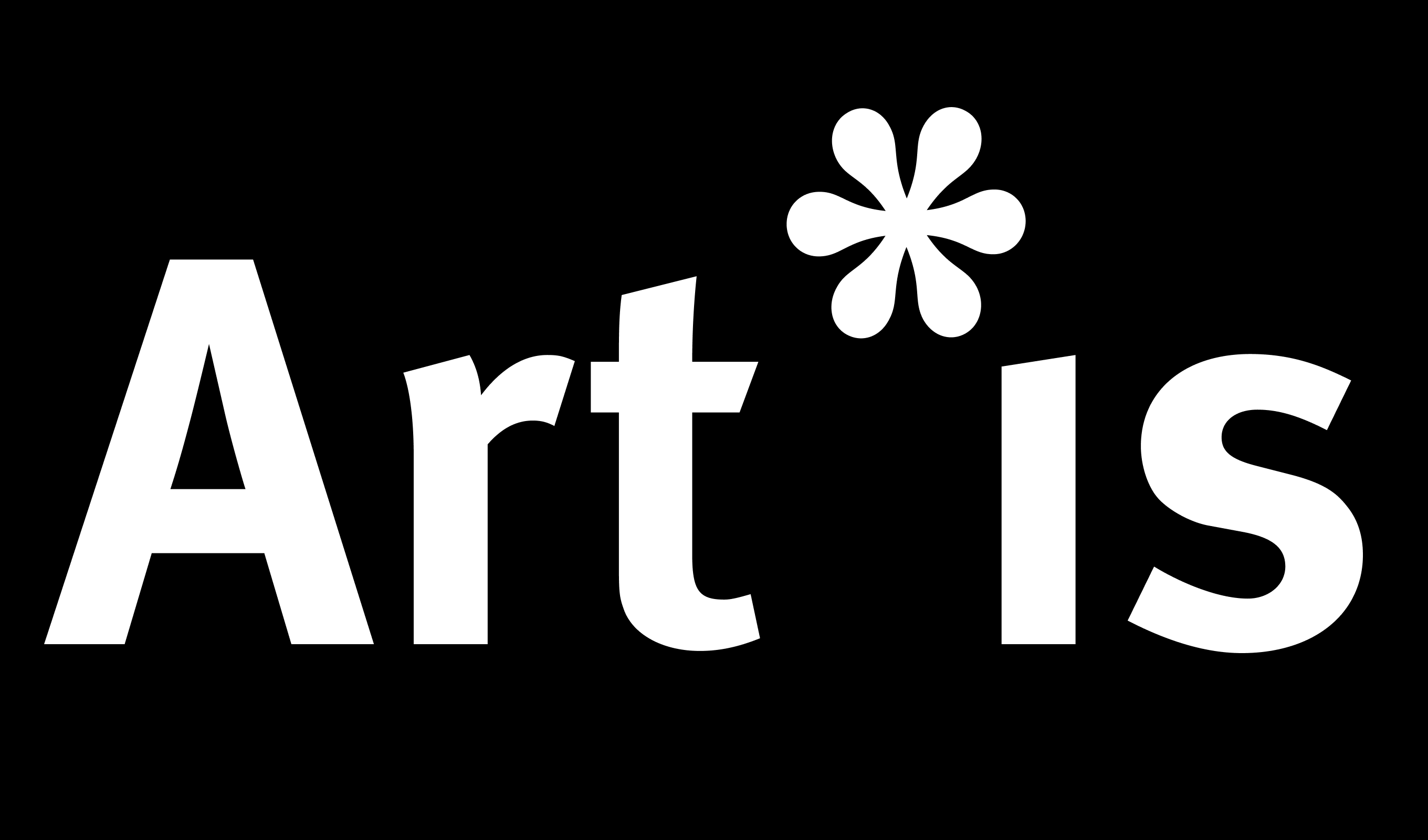ARTIS members participated as symposium moderators and presenters at the 26th Congress of the International Association of Empirical Aesthetics (London), which took place online from the 1st until the 3rd of September 2021.
The symposium was titled “How does Art in ‘real life’ impact our bodies, our behaviors, and our minds?: Studies on the ecologically valid interaction with and the pragmatic effect from art in the gallery, the city, and online” and was chaired by Matthew Pelowski.
In this symposium, we presented an overview of several new projects we have undertaken in our empirical aesthetics Laboratories in Vienna, several of which are the result of new Third-Party Funding initiatives. These discuss new techniques for assessing, for quantifying, and for comparing multiple factors involved in the ecologically valid experience of art in the gallery, the city, and even online, as well as the potential pragmatic possibility for such meetings to change attitudes, behaviors, and wellbeing. Talk 1 provides an overview of an EU funded consortium project with the goal of assessing the potential for art experiences to be transformative, and in which we discuss emerging results from exhibitions meant to change attitudes about current societal topics. Talk 2 discusses similar studies in the online domain, focusing on the Covid-19 lockdown period, and considering whether even a brief art visit might impact wellbeing, loneliness, and anxiety. In Talk 3, we move back to the gallery to explore whether viewing paintings alone or accompanied by music might similarly impact stress and wellbeing. Finally, we present new mobile approaches for tracking interactions, considering, in Talk 4, new advances in mapping and assessing how people move in a gallery in front of a single painting, and how movement patterns relate to our looking, our appraisals, and the nature of our experiences. In Talk 5, we discuss a project using mobile eye tracking to assess how people move through a city street, considering how design and text may guide and modulate our aesthetic reactions.
The individual presentations were:
- Assessing transformations through art? by Fingerhut, J.
- Can a brief interaction with online, digital art make you feel better? A comparative study of the impact of online art and culture presentations on mood, state-anxiety, loneliness, and subjective wellbeing by Trupp, M. D.
- When Painting and Music Meet: The impact of multimodal experience of art on visitors’ aesthetic enjoyment and subjective well-being in a museum by Fekete, A.
- How do we move in front of art; How does this impact art experience? A study of mobile eye- and movement-tracking, emotion, and evaluations in an ecologically-valid gallery setting by Kühnapfel, C.
- Reading in the city: mobile eye-tracking and aesthetic evaluations of text in an everyday street setting by Chana, K.
The conference was organized by the International Association of Empirical Aesthetics, virtually hosted by City and Goldsmiths, University of London, and in collaboration with Cognitive Neuroscience Research Unit. For more information, please visit: www.city.ac.uk/news-and-events/events/2021/09/xxvi-conference-of-the-international-association-of-empirical-aesthetics.

